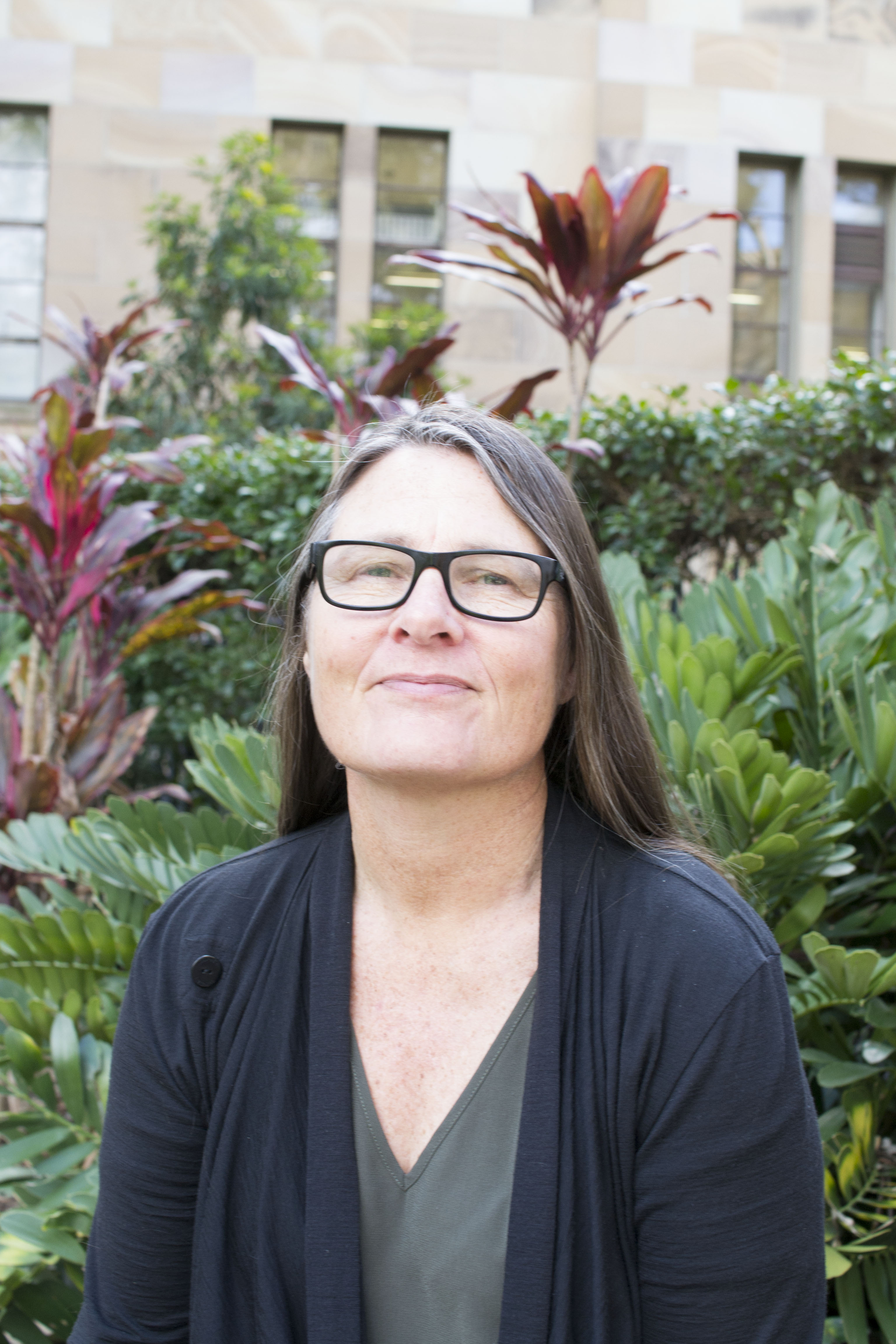The University of Queensland’s Professor Catherine Lovelock has been named a 2020 Australian Laureate Fellow for her research into coastal restoration.

As the top-ranked female applicant from the science and technology disciplines, Professor Lovelock, from UQ’s School of Biological Sciences also received the Georgina Sweet Australian Laureate Fellowship.
The prestigious Australian Research Council (ARC) award will provide over $3 million in funding to Professor Lovelock’s work in activating “blue carbon” – which she describes as the carbon stored in soils and biomass of coastal wetlands.
“My research is all about understanding how restoration of degraded coastal wetlands can contribute to reducing carbon dioxide in the atmosphere and help us reduce the impacts of climate change,” she said.
“Coastal wetlands are vital as carbon sinks for improving water quality, sustaining fish populations and providing defence against rising sea levels and wave energy.
“Blue carbon offers a way to conserve and restore mangroves, seagrass and saltmarsh ecosystems while helping with climate change mitigation, as well as better preparing our coasts for the impacts of climate change.
“I am really excited that, through the support of the ARC, I can dedicate much more effort and resources to enhance blue carbon projects and give a boost to blue carbon research in Australia and internationally.”
Professor Lovelock said the Georgina Sweet fellowship would build on her work with the Queensland Government’s Flying Scientist program, an initiative to promote science, technology, engineering and maths (STEM) to girls and young women.
“It will support engaging with young people in regional communities, for example I work in the Pilbara in Western Australia and in north Queensland,” Professor Lovelock said.
“I’ll be explaining my research and science more generally.
“I grew up in rural Western Australia, so I know how you can have a limited view about what is possible.”
As an ambassador for women in STEM, Professor Lovelock encourages budding female scientists to follow their passion.
“Like any career, science can be tough in patches, but you are immersed in a unique community of people so passionate about what they do,” she said.
“It can be an incredible rewarding experience.”
Professor Lovelock will be speaking further about The Blue Carbon Initiative project at UQ’s online BrisScience lecture in August.



